Public Health
ERG public health professionals support clients in strengthening the health, safety, and well-being of people throughout the United States and beyond. We collect, research, and analyze empirical data to evaluate the implications of all types of public health concerns, from unmet medical needs to food safety to exposure to environmental contaminants. Whether examining health disparities or conceptualizing incentives to encourage innovation, ERG health professionals consistently consider how emerging patterns and trends may influence the problem and contribute to evidence-based solutions. Based on the evidence, we help design, implement, and evaluate programs and policies aimed at tackling public health issues as effectively as possible. To propagate solutions, we collaborate with ERG communication specialists to develop health outreach and education programs that empower clinicians, community workers, the public, and others to improve health outcomes within their sphere of influence. Throughout our work, we combine sound scientific principles with innovative, forward-looking thinking to anticipate and address both current and potential future concerns.
Risk Assessment
- Hazard analysis
- Fate and transport modeling
- Exposure assessment
- Sensitive population assessment
- Toxicological evaluation
- Dose-response analysis
- Health outcome data review
- Health indicator development and tracking
- Health risk characterization
- Uncertainty analysis
Epidemiology
- Biomonitoring
- Epidemiologic study design
- Environmental epidemiology
- Infectious disease epidemiology
- Wastewater-based epidemiology
Health Policy
- Patient-focused drug development
- Prescription drug pricing
- Antimicrobial resistance
- Clinical trial costs
- Medical product supply chains
- Addictive substance misuse (tobacco, opioids, etc.)
- Medication administration safety
- Emergency preparedness and response
Health Economics
- Benefit-cost analysis
- Cost-effectiveness analysis
- Statistical/economic modeling and analysis, including microsimulation modeling
- Health outcomes research
- Health policy evaluations
- Uncertainty/sensitivity analysis
Program Evaluation
- Engagement with all interested parties
- Needs analysis, outcomes assessment, and strategic planning
- Program description and logic models
- Focused evaluation and methodology design
- Multi-modal data collection (surveys, focus groups, and expert panels) and analysis
- Extraction and analysis of administrative data
- Credible, inclusive, evidence-based assessment of implementation, effectiveness, efficiency, cost-effectiveness, and attributions
- Life cycle studies
Community Health
- Data collection, analysis, and planning
- Health disparities, historical root causes, and ongoing dynamics
- Social determinants of health
- Accessible connection, collaboration, and partnership with people with lived experience
- Participatory research
- Workforce training and development
Communication and Education
- Outreach and inclusion (all interested parties)
- Public health campaigns (all audiences)
- Virtual and in-person education and training (all audiences)
- Risk communication
Example Topics
- Health and wellness
- Injury and illness prevention
- Chemicals of concern (e.g., PFAS)
- Food safety
- Pharmaceuticals and biologics (e.g., antimicrobials, generics, biosimilars, vaccines)
- Medical devices
- Tobacco and substance misuse
- Circular economy and materials management
Projects
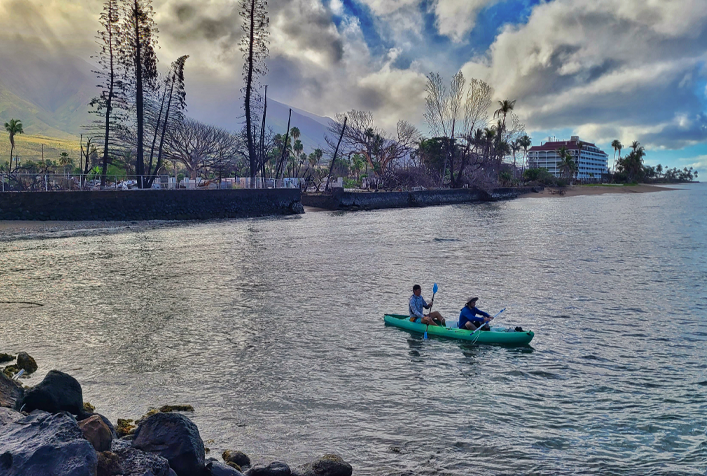
Maui Post-Wildfire Monitoring and Communication Support
Hawaii Department of Health

Evaluating FDA Practices for Recruiting and Retaining Human Drug Review Staff
U.S. Food and Drug Administration

Evaluation of FDA Resource Capacity Planning and Time-Reporting Systems
U.S. Food and Drug Administration

Assessing the Value of a Medicare Demonstration Program
Centers for Medicare and Medicaid Services

Survey of Pharmaceutical Manufacturers, Processors, and Packagers
U.S. Food and Drug Administration

COVID-19 Food Facility Assessment Survey Tool
Massachusetts Department of Public Health
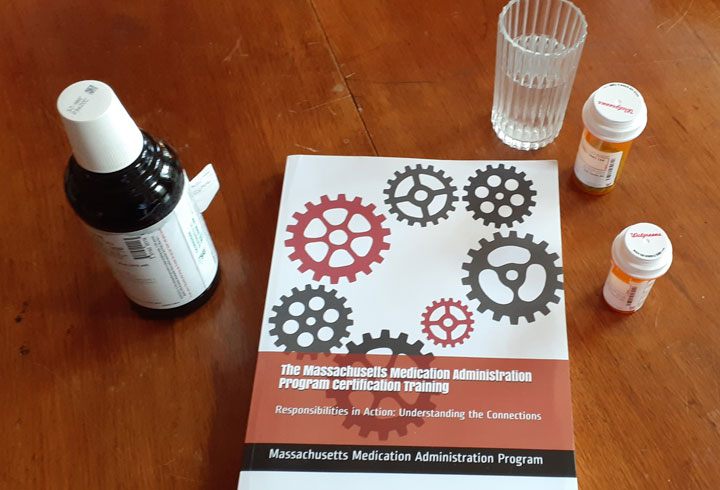
Evaluation and Recommendations for the Massachusetts Medication Administration Program (MAP)
Massachusetts Department of Public Health

Pilot Public Health Projects with Community-Based Organizations
Massachusetts Department of Public Health
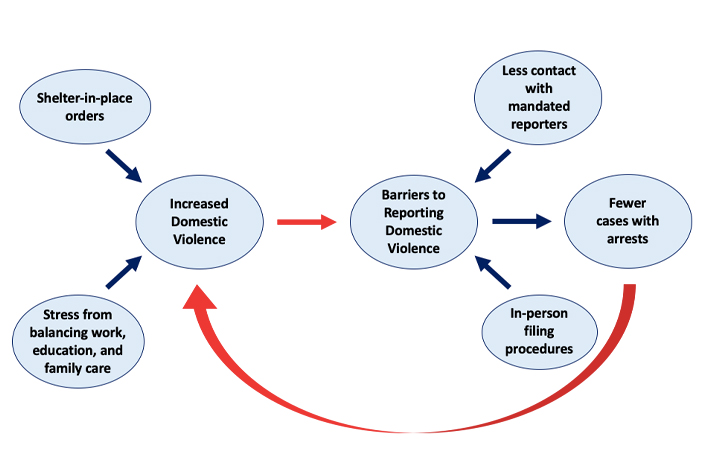
PHIT Violence Report
Massachusetts Department of Public Health
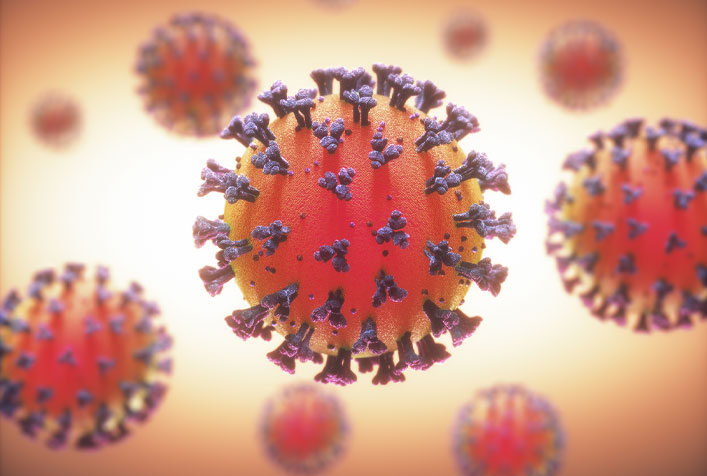
Wastewater COVID-19 Surveillance to Prevent Outbreaks
New Mexico Environment Department

Shower and Household Water-Use Exposure (SHOWER) Model
Agency for Toxic Substances and Disease Registry
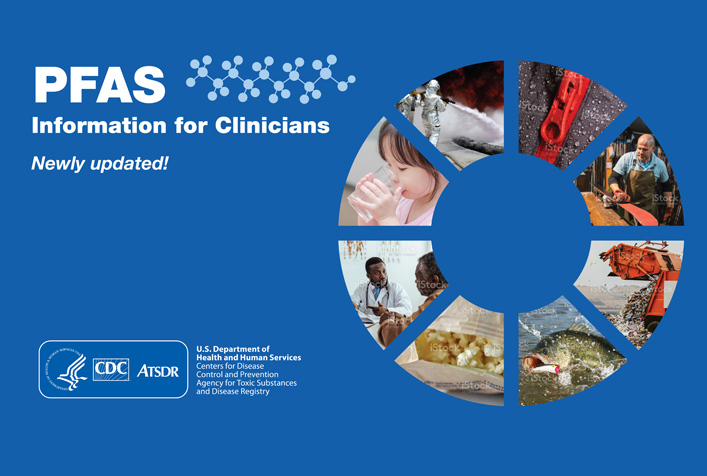
PFAS Information for Clinicians
Agency for Toxic Substances and Disease Registry
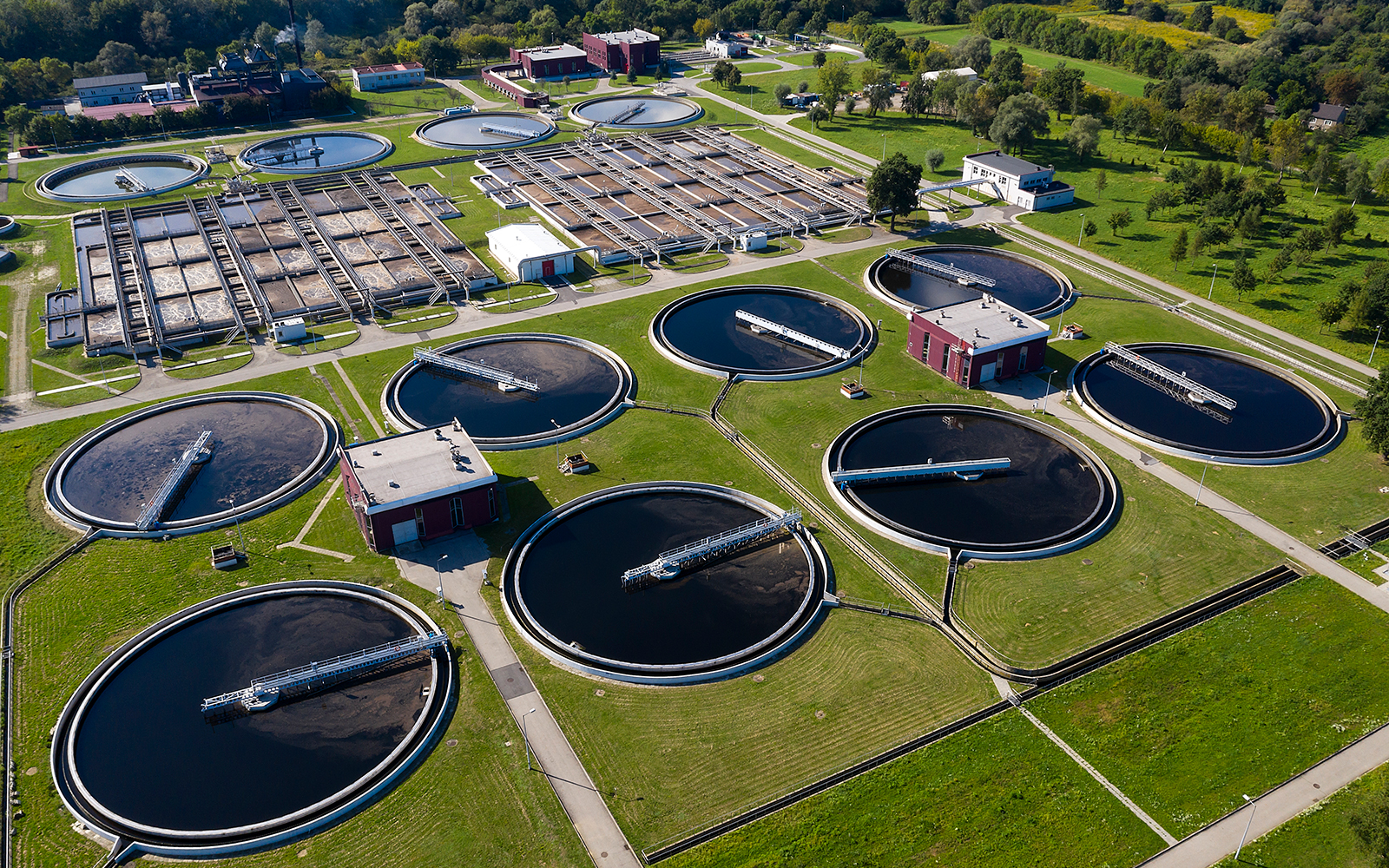
Monitoring Wastewater for Opioid and Other Drug Use
Water Research Foundation

Capturing Airport Lessons Learned from COVID-19
Airport Cooperative Research Program
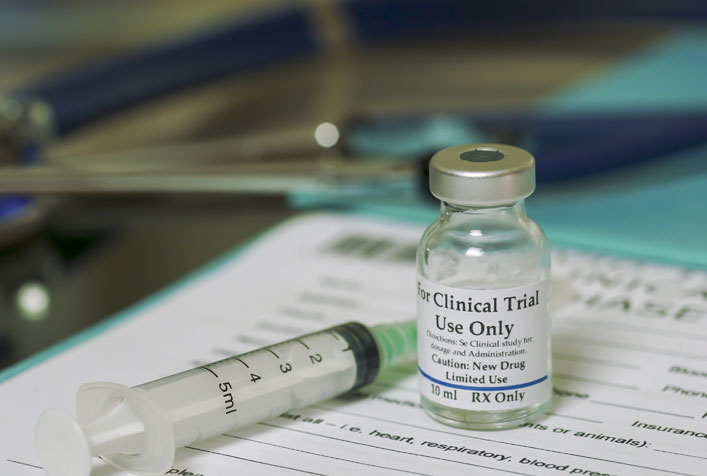
Evaluating the Potential Impacts of Different Clinical Trial Strategies on Drug, Preventive Vaccine, and Therapeutic Complex Medical Device Development
U.S. Department of Health and Human Services

Modeling the Cost of Developing a Complex Therapeutic Medical Device for the U.S. Market
U.S. Department of Health and Human Services

Cost of Generic Drug Development and Approval
U.S. Department of Health and Human Services
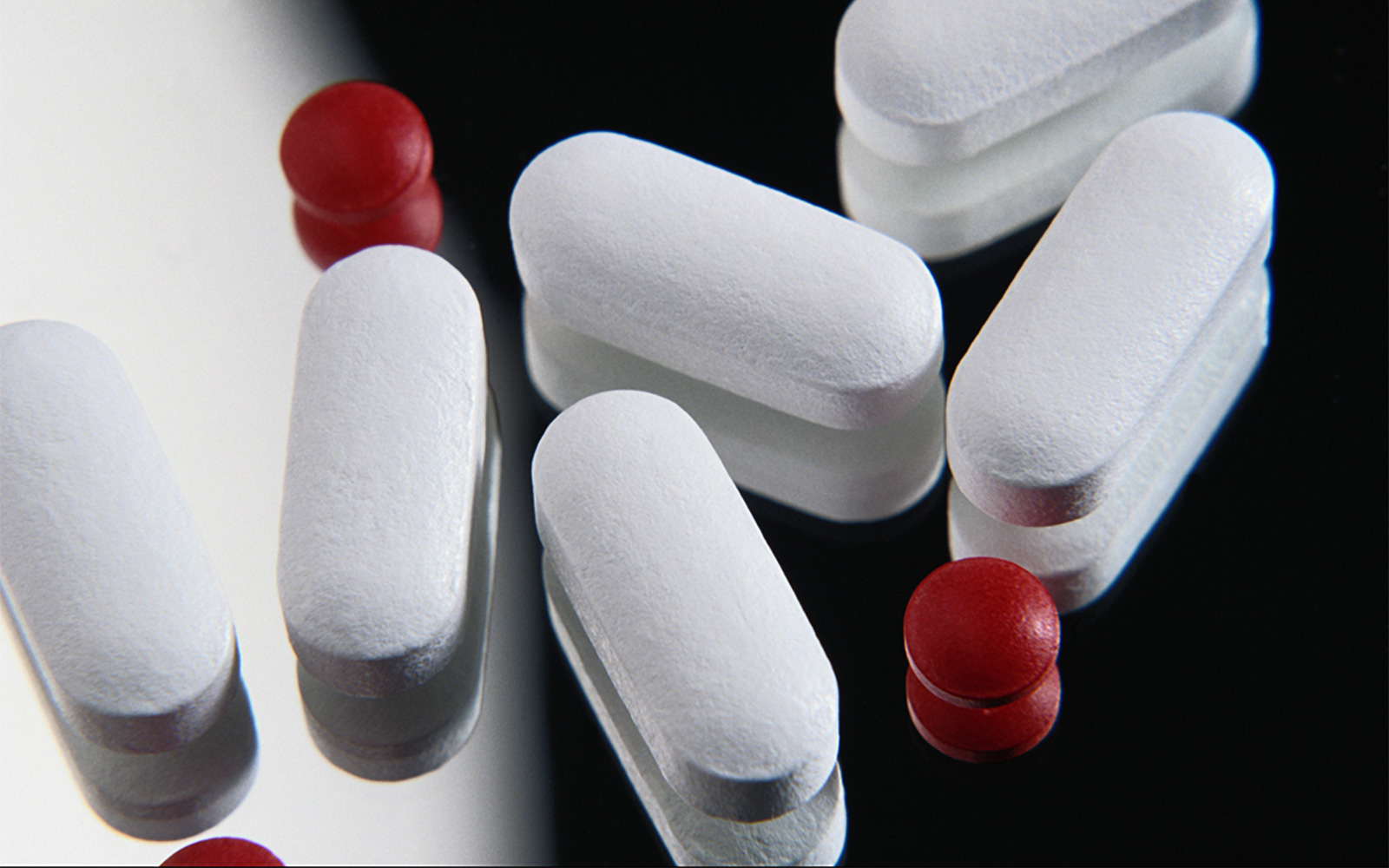
Assessing the Effectiveness of an Innovative FDA Drug Review Program
U.S. Food and Drug Administration
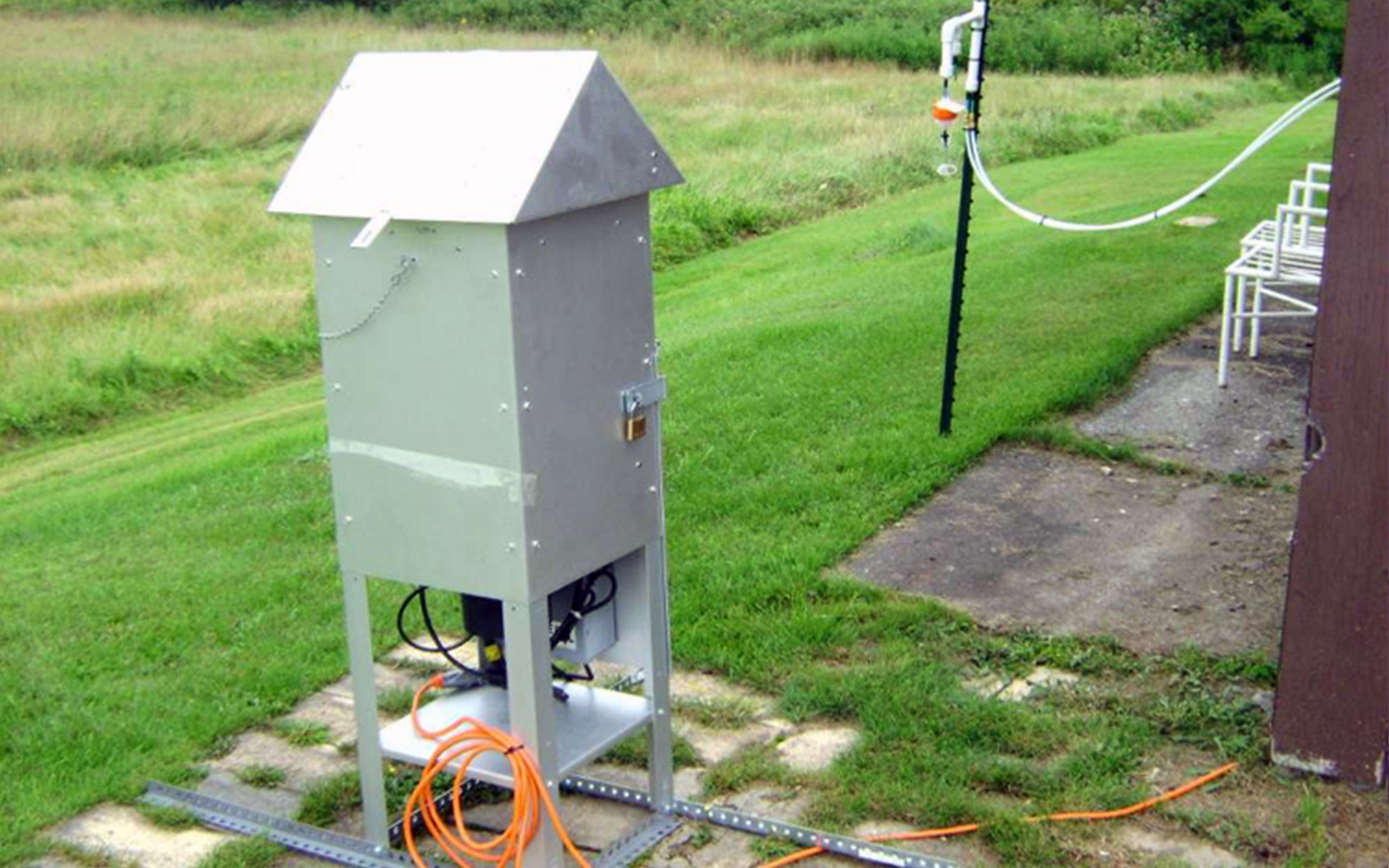
Measuring Community Exposures to Fill Critical Data Gaps
Centers for Disease Control and Prevention
Service Area Leads

Often the most vulnerable communities are disproportionately impacted by environmental hazards. In my work, I strive to offer solutions that help address environmental concerns and improve public health for all communities.
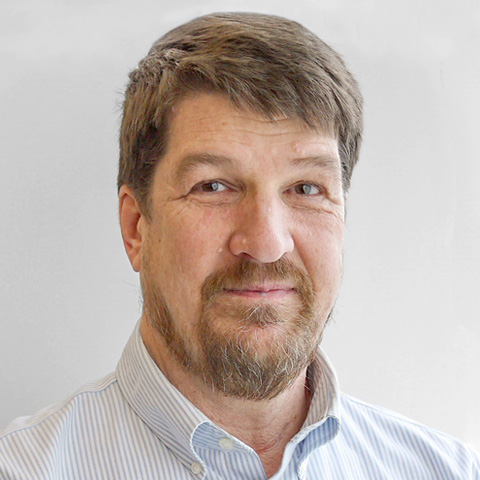
At ERG, our economic projects often take us into uncharted territory where standard, regularly collected data are few or unavailable and the analytic path to answer our client’s questions is not obvious. This is exactly where I like to be! I find it deeply satisfying to explore new territory, address unique challenges, and use my expertise and creativity to develop approaches that provide meaningful, defensible results.
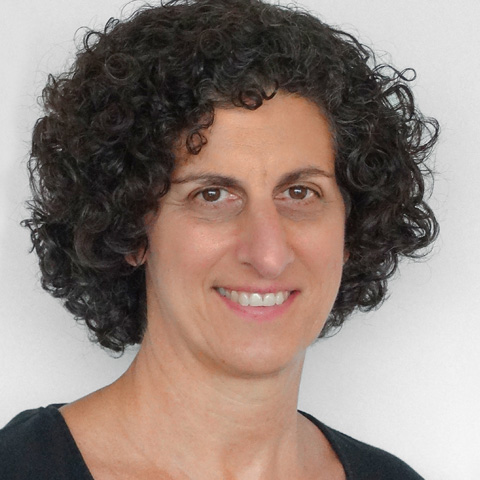
I am passionate about doing all we can to protect people’s health and well-being and the environment in which we live. I have devoted my career to addressing health risks encountered in our communities and workplaces. I strive to solve problems using common sense and sound science.
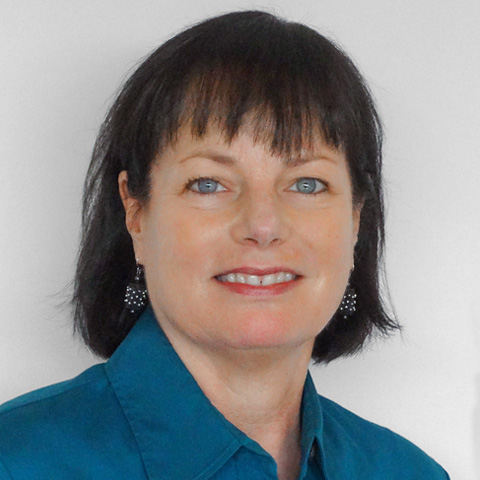
I was thrilled when I started working for ERG and found that I could apply my passion for environmental and occupational health by working for government agencies that promote and protect the health of individuals, workers, and the environment. This nexus has allowed me to pursue incredibly interesting work across myriad health-related topics and to help my clients plan, develop, and implement successful programs and initiatives.
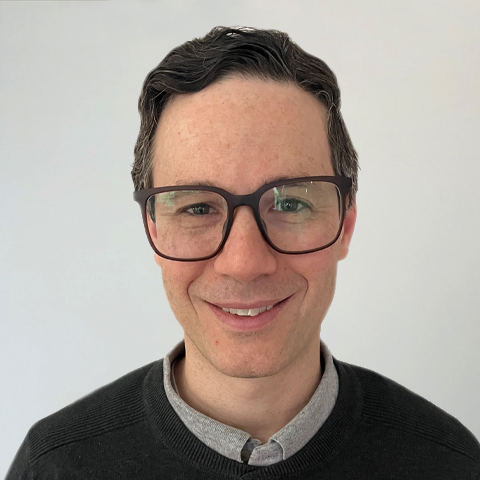
I am grateful for the opportunity to work with our clients because I believe deeply in their mission. I have always enjoyed statistics and analysis, but the critical step is telling a broader story that gets to the heart of the client’s research questions. One of the things I value most about ERG is our culture of using our subject matter expertise to think from the client’s perspective so that their broader goals can drive meaningful work.
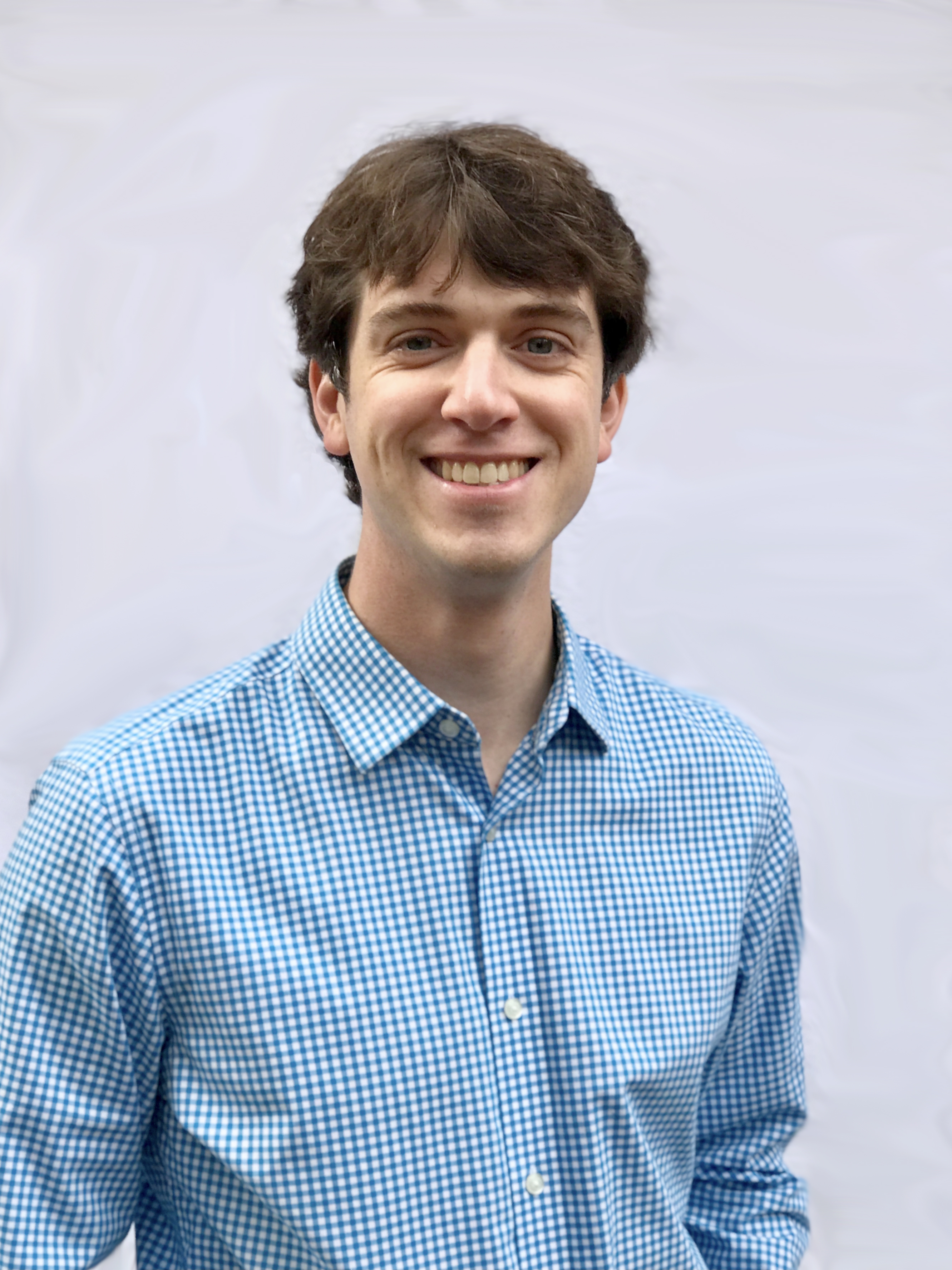
Environmental science—especially figuring out how and where chemicals move through the environment—is continually challenging and endlessly fascinating. It’s extremely rewarding to know that our work helps protect human health and make sites safer for future generations.
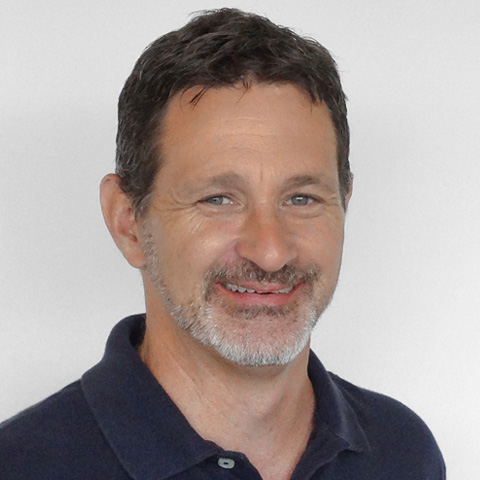
Agencies tend to manage what can be readily measured, but with a large toolbox of analytical and data collection techniques and some creativity, so much more is possible! I leverage a background in economic and statistics with the use of survey data collection approaches to generate valid and reliable data to enhance decision-making. Each project I work on, I strive to combine rigorous analysis with effective communication.
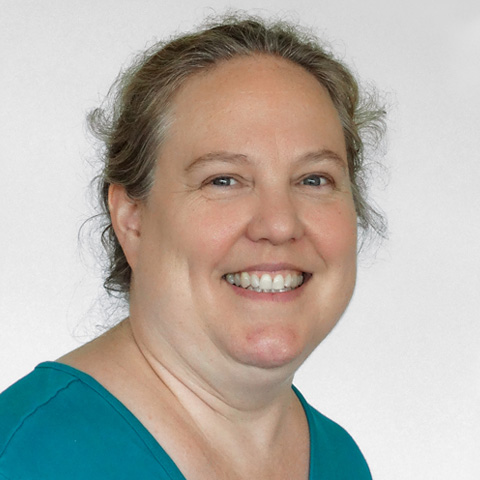
In today’s world, pioneering innovative solutions requires collaboration between all of us: the people, interested parties, subject experts, information technologists, communicators, and others. I’m proud to be part of an organization that is built around a wide-ranging approach to progress. ERG empowers us to conceive forward-looking ideas and develop new solutions to meet our present and future needs.

Economic analysis has been my field ever since my early 20s, when I first discovered its complexities, potential, and power. At ERG, I’ve had the good fortune to work with great colleagues and clients to research issues and develop solutions for a wide variety of highly consequential public health questions. It has been a consistent joy to do work that is not only impactful but also a path of continuous learning and deepening.
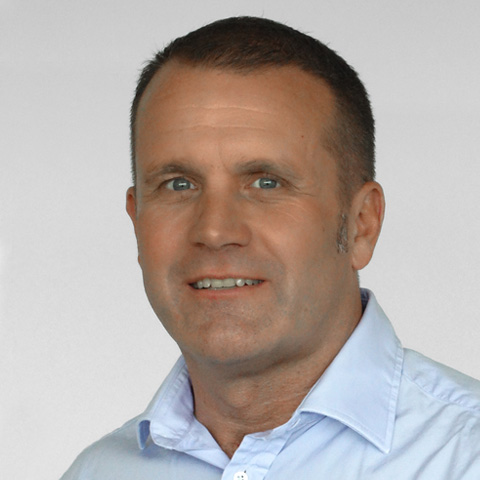
Clean air, safe workplaces, a stable environment for generations to follow—these are just some of the ideals that motivate my daily work. I strive to bring the best available science to our nation’s current and emerging environmental health and occupational safety issues.